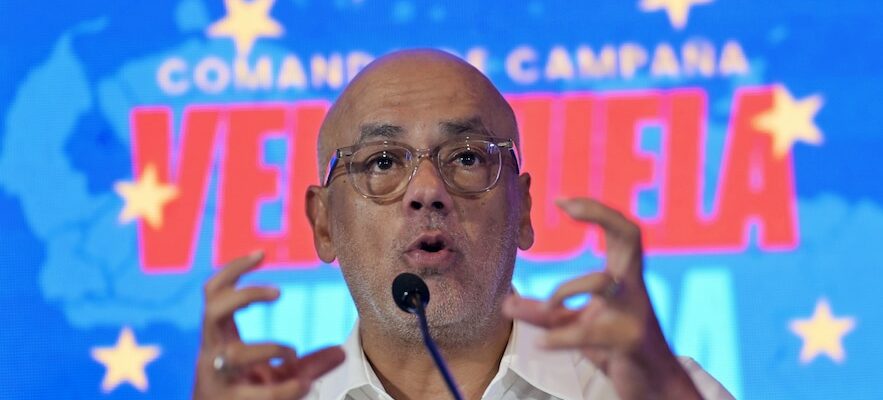Nicolas Maduro is clinging to power like a limpet to its rock. Since his contested re-election – marked by strong suspicions of electoral fraud – the dictator has multiplied authoritarian decisions. Faced with those who took to the streets to demand more transparency regarding the results, the outgoing president sent in the Bolivarian National Guard – a branch of the army responsible for enforcing public order. The latest toll of the protests, calculated by AFP, reports 25 dead and 192 injured, as well as 2,400 arrests.
Through its High Commissioner for Human Rights, Volker Turk, the United Nations (UN) expressed concern that “so many people are detained, accused or charged with incitement to hatred or under anti-terrorism legislation.” Taking advantage of the repression by the armed forces, Maduro also attempted institutional legitimization by launching proceedings before the Supreme Court of Justice to have his re-election validated. Now, the offensive is taking place on the legislative level. The introduction of liberticidal laws – studied on Tuesday, August 13 by the National Assembly during an exceptional session – completes his work. The first law, which Maduro has long wanted to pass, concerns the regulation of NGOs and associations.
Before a suspension until Thursday, August 15, the deputies had time to approve several points, including the notification of “funding” or “the identification of donors, national or foreign.” NGOs are also prohibited from “receiving financial contributions intended for organizations with political aims.” These first attacks prompted the Inter-American Commission on Human Rights to launch, according to AFP, an “urgent appeal” to the Assembly not to adopt the law. The institution believes that it “would arbitrarily restrict the right of association, freedom of expression […] in a context of closing civic space.”
Maduro locks everything down
This desire to control foreign influences is evidence of Venezuela’s inward-looking attitude, as demonstrated by Jorge Rodriguez’s remarks on August 13. The President of the National Assembly notably called the four electoral experts sent by the UN, tasked with observing the Venezuelan elections, “scum”. Before the Assembly, he expressed his desire to ban all foreign observation in Venezuela “so that no foreigner ever again comes to take a position on anything related to the elections.”
The president of the National Assembly, Jorge Rodriguez, has expressed his desire to ban all foreign observation in Venezuela “so that no foreigner ever again comes to take a position on anything related to the elections.”
© / afp.com/Juan BARRETO
In their report, the experts pointed the finger at the National Electoral Council, which had declared Maduro the winner with 52% of the vote without providing further details, claiming a cyberattack. “The CNE’s process for processing the results fell short of basic transparency and integrity measures that are essential for holding credible elections,” they said, noting that the council had not followed “national legal and regulatory provisions.”
The Venezuelan National Assembly has also looked into the functioning of social networks. Nicolas Maduro has already announced the banning of X, on Thursday, August 8, for ten days and throughout the territory. The Venezuelan dictator has a deep enmity with its holder, the pro-Trump billionaire Elon Musk. Prior to the decision to ban the social network, numerous remote exchanges had taken place between the two men. The leader has also launched a campaign to boycott WhatsApp.
The final item that will be considered by parliament is a draft “anti-fascism law” with fines of up to $100,000. It also includes an outright ban on companies, organizations or media that “incite fascism.” This is in line with the country’s desire to protect itself against what it considers to be external threats. Volker Türk, the UN High Commissioner, called on the authorities not to “adopt these laws” or “any other laws that undermine the civic and democratic space in the country.”
